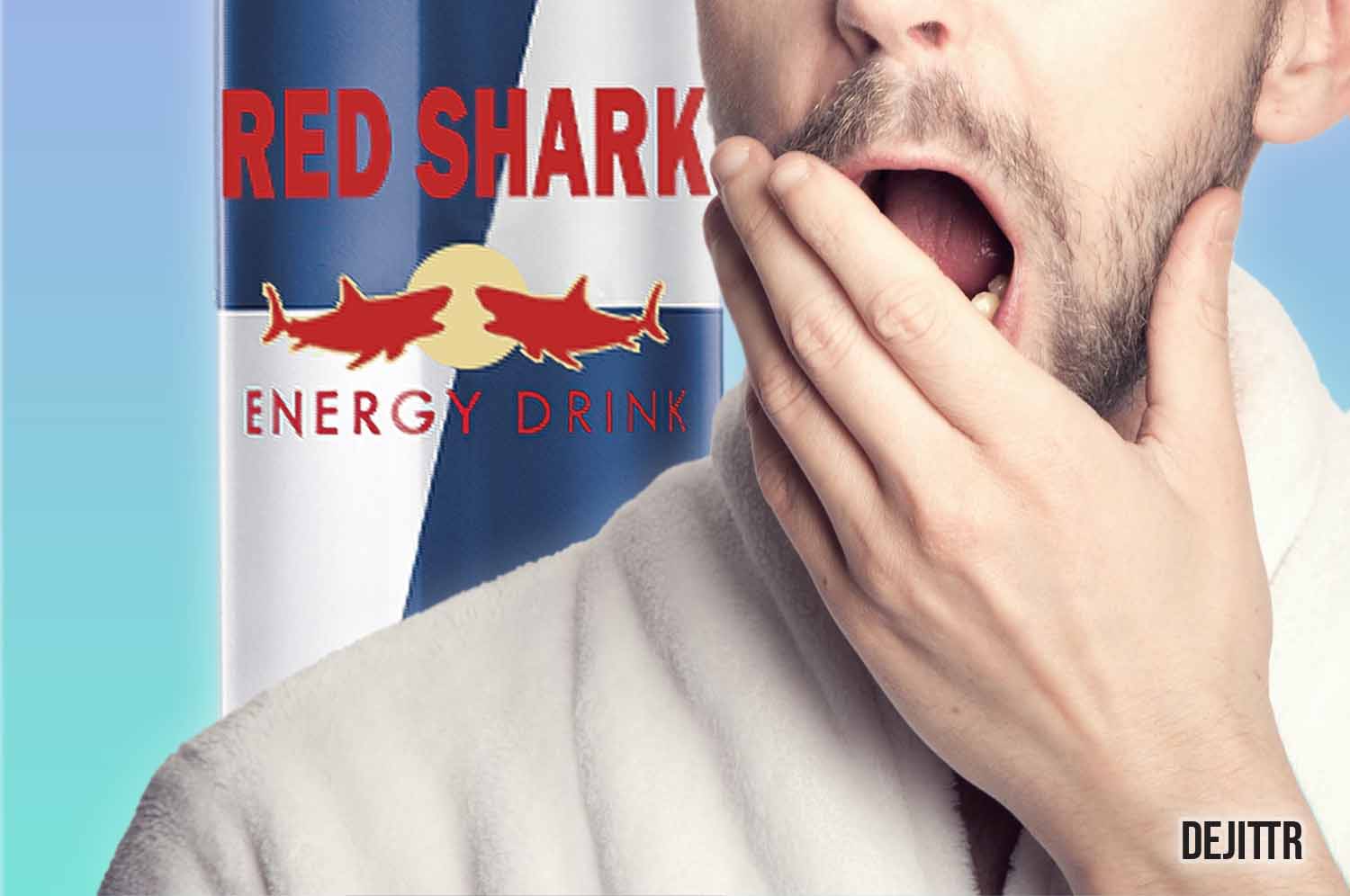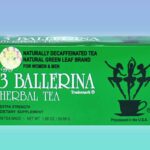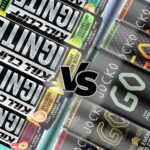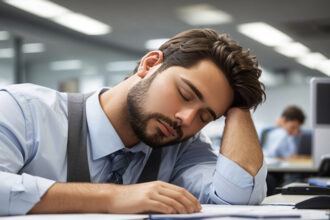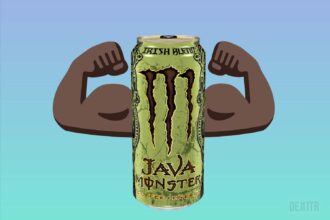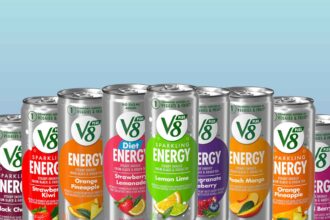Energy drinks have become an alternative to coffee when a burst of energy or sustained focus is needed. The question is, do they live up to the hype, or is there evidence leaning more toward the opposite conclusion? They’re supposed to give you energy, which might not be what’s actually happening.
Energy drinks can offer an abbreviated energy rush, but unlike coffee, they tend to be loaded with sugar, and that causes people to suffer a sugar crash. The flavors might make them more popular, but the truth may be that there are health concerns associated with drinking too many.
To understand why it’s possible that energy drinks can have the opposite effect, you need to look at the individual ingredients and their effects on the human body.
Why Energy Drinks Can Have the Opposite Effect
Energy drinks are, by design, created to give you an energy burst and a certain amount of sustained energy. Unfortunately, despite all their good intentions and fanfare about being “dietary supplements,” there seems to be a growing concern and consensus that the effects of energy drinks can be anything but healthy.
What Are the Ingredients Found in Energy Drinks?
The main ingredients in most energy drinks are;
- caffeine
- taurine
- glucuronolactone
- B vitamins
- guarana
- ginseng
- Ginkgo biloba
- l-carnitine
- Sugars
- antioxidants
- trace minerals
They are generally found in this order in most energy drinks, ranging from the highest concentration to the lowest. Each ingredient is added to either stimulate or enhance focus, enhance mood, or improve physical performance.
So, how does this tie into our focus question, can energy drinks have the opposite effect?
The overall effects of energy drinks over a period of time have yet to be thoroughly studied, but what science and health experts are saying the answer to this question is a definite yes, they can have the opposite effect.
Let’s look at how.
The Crash
After you ingest an energy drink, the caffeine portion hits your system in about 30-45 minutes and is generally eliminated in 4-5 hours. Caffeine addiction and withdrawals do include chronic fatigue. Meaning you are always tired.
The “crash” comes from the amount of sugar that comes in one serving of an energy drink, of which the cans are generally more than one serving and ingested completely. The boost from the sugar will typically last about 30-60 minutes, and then you start to feel the effects of the drop in your sugar levels.
This crash is what makes people go for another shot or another can, and in the overall scheme of having energy, it means that all the energy you are feeling when consuming energy drinks is derived from the energy drink and not from the stored energy of your body.
Recommended Read:
Energy drinks can make you crash because they have hormone-level-boosting components like caffeine and sugar, which peak and fall off – resulting in a crash. I highly recommend reading my “Can Energy Drinks Make You Crash?“(6-minute read) article when you’re done reading this one.
Losing Sleep
When it comes to sleep, it’s all about the quantity and not so much about the quality of sleep.
Just because you crash hard after a day of energy drink-induced energy doesn’t mean your body is getting the amount of rest it needs. Inevitably, this will eventually catch up with you.
There’s a term that refers to your body’s desire to sleep called “sleep pressure.” The more you stay awake, the more your body wants to sleep. When making the connection here between interrupted sleep patterns and natural sleep patterns, it’s fairly easy to see that there could be problems due to the consumption of energy drinks in the afternoon and evenings, resulting in irregular sleep and insomnia. The longer you stay awake, the sleepier you get, the more you need to sleep, the longer and deeper you will sleep given the opportunity.”
Negative Effects of Energy Drinks
Scientists define energy as the ability to do work. People use their energy to perform. Energy drinks are supposed to enhance your focus and give you energy. But with the addition of outside energy stimulants, you can have negative side effects.
Some of the negative side effects include;
- Jitters and Anxiety
- Decreased Focus
- Dehydration
- Insomnia
Dehydration can cause a lack of energy, and we all know what it feels like when you don’t get enough sleep. So, if the energy drink is causing dehydration and dehydration causes fatigue, it seems that the idea is to create a vicious circle of constant consumption to stay energized. You can draw your own conclusion there.
What happens to your body after the effects of the energy drink wear off is where the potential for not having any energy is noted. If you constantly have to consume your energy from a can, then your natural energy stores are obviously depleted.
Energy drinks cause a rapid rise in blood sugars and a compound that lowers your blood orexin. Orexin is a neuron produced in the hypothalamus that regulates sleep and hunger. It’s called the “Key to a Healthy Life” and plays a huge part in having actual energy.
“ Orexin neurons are “multi-tasking” neurons regulating a set of vital body functions, including sleep/wake states, feeding behavior, energy homeostasis, reward systems, cognition, and mood.”
A drink that is supposed to give you energy is actually depleting the body’s natural ability to be energetic.
Conclusion
To recap, the potential negative effects concerning energy is not the purpose of this article, but it is important to state the fact that they exist. A key to utilizing energy drinks at all would be to look at moderation as a model. As for consuming excessive caffeine and high sugar concentrations, the data is there to show the negative effects, at least for those two ingredients.
Aside from caffeine and sugar, the other ingredients found in energy drinks may contribute to the opposite desired effects. Not only should the research be done on the efficacy of these ingredients but for the long-term results of consuming these beverages for the benefit of energy and focus.
The question of do they have the opposite effect is fairly conclusive, even though the argument could be the opposite if you consider the effects of the energy drink real energy. But to have a healthy energy system that doesn’t require extra stimulants, energy drinks are not the answer.
Final answer; yes, they can have the opposite effect.
Photo altered by dejittr.com | Photo attribution: Sander Sammy


